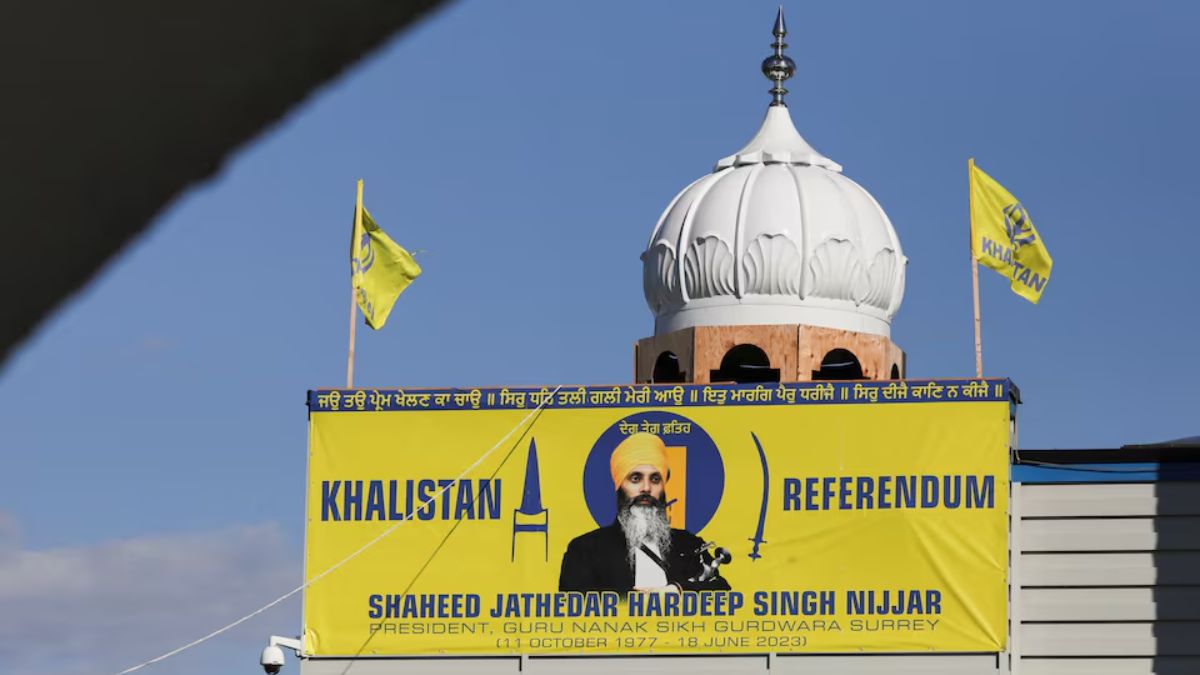A Canadian court has rejected the asylum request of an Indian couple who had claimed that their Khalistan activism would lead to their ‘persecution’ in India.
A Canadian federal court has rejected the asylum request of an Indian couple who had claimed that their association with the Khalistan movement would lead to their “prosecution” in India. Their claim was deemed as “disingenuous and lacking good faith”.
As per the judgement published on Monday and reported by Hindustan Times, 38-year-old Amandeep Singh and 32-year-old Kanwaldeep Kaur had claimed that they had become supporters of Khalistan during their stay in Canada and would be “persecuted” over this association upon their return to India.
Federal judge Benoit M Duchesne ruled that the previous rejection of Singh and Kaur’s asylum requests as “reasonable” by the Refugee Board of Canada’s Refugee Appeal Division (RAD) and IRB’s Refugee Protection Division (RPD).
The Khalistan movement refers to the secessionist movement that seeks to carve out a homeland for Sikhs out of India comprising the state of Punjab called Khalistan. For decades, the movement ran a terrorist campaign that ebbed in the 1990s. Over the decades, Canada has emerged as a safe haven for the movement where Khalistan leaders have become influential in domestic politics.
What’s the case about?
The judgement noted that Singh, the principal applicant, had amended their original asylum application before the RPD and added the Khalistan element, according to HT.
In their original application, Singh and Kaur had said that they were harassed by a neighbour over property and by the police over their political connections.
“The Applicants claim that they were questioned, threatened, accused of militancy, beaten, that the Associate Applicant was sexually assaulted, and that her fingerprints and signature were taken,” the judgement said.
The RPD noted that such a chronology showed that their “stated interest and participation in the independent Khalistan movement underscored a lack of genuineness in the movement itself”.
The RAD agreed with the RPD and said that the asylum claim was “disingenuous and lacking good faith”.
End of Article

)

